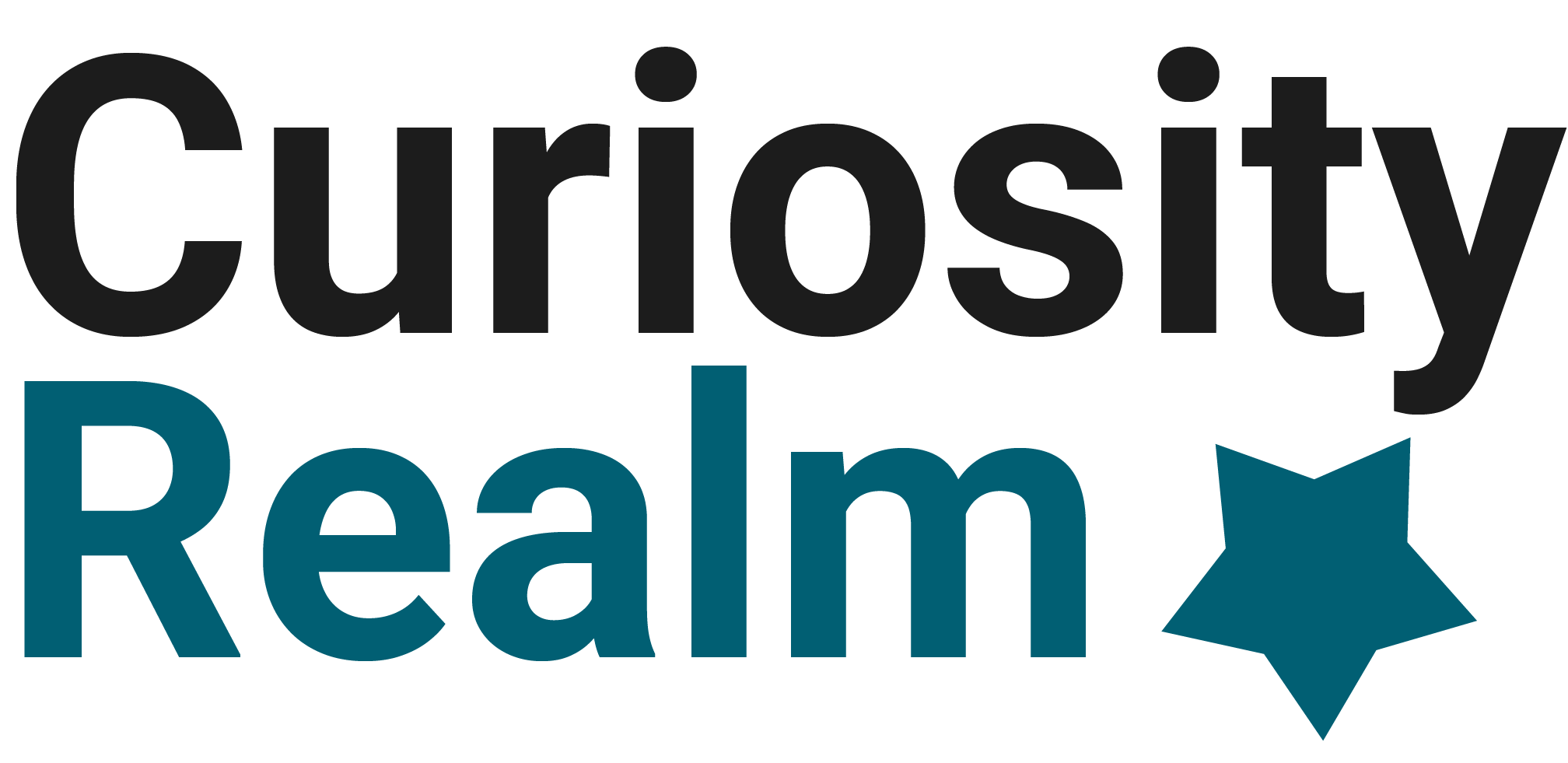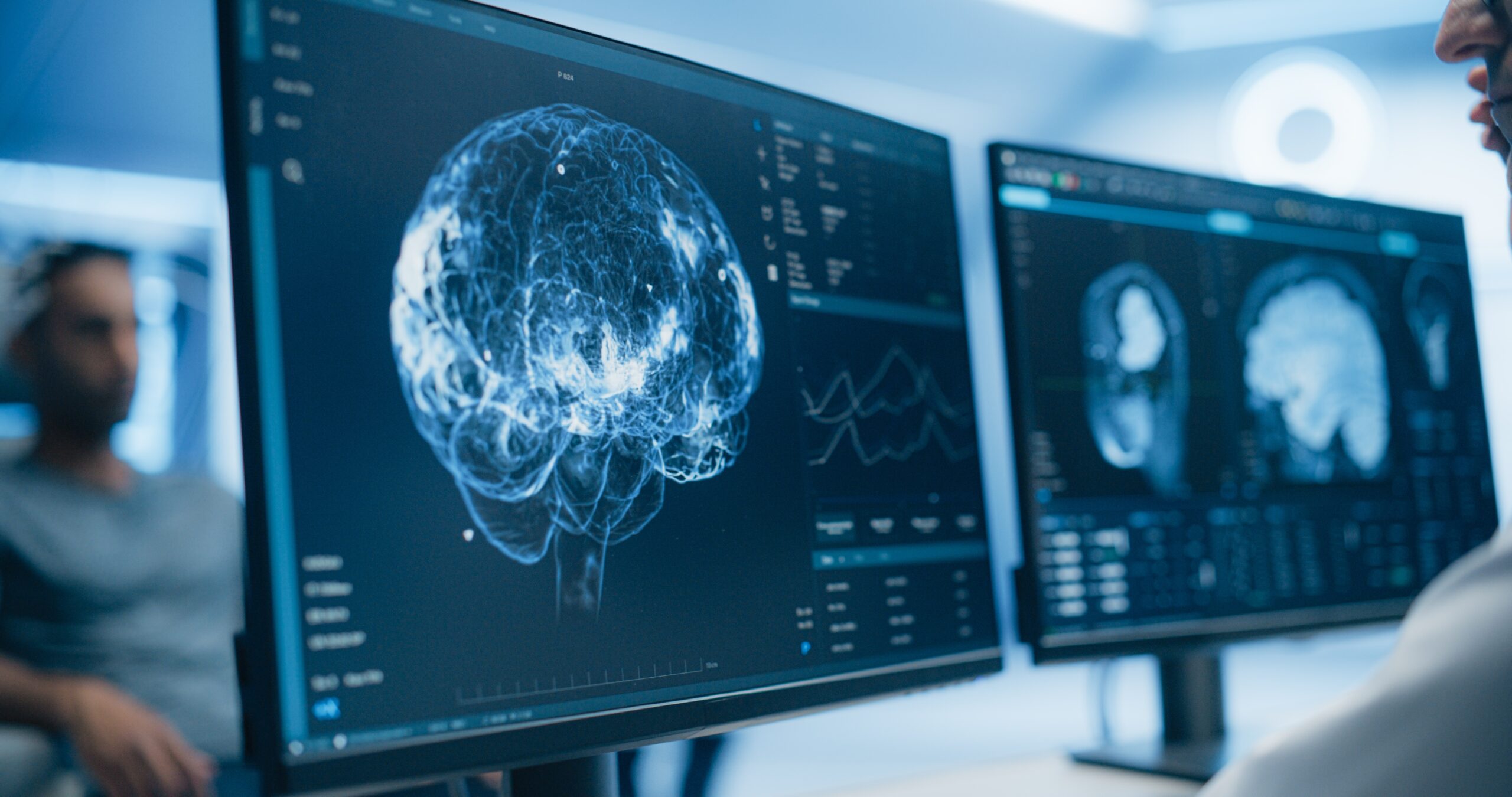Introduction to Alzheimer’s Disease
Alzheimer’s disease is a progressive neurological disorder that leads to memory loss, cognitive decline, and behavioral changes. It is the most common cause of dementia among older adults and poses a growing challenge as the global population ages. Understanding Alzheimer’s is crucial for developing effective treatments and support systems for those affected by the condition. The disease disrupts the communication between neurons, leading to their eventual death. This process results in significant brain shrinkage, particularly affecting areas responsible for memory and reasoning.
Alzheimer’s is characterized by the accumulation of amyloid plaques and tau tangles in the brain, which interfere with neuronal function. The exact cause of these abnormalities remains unclear, but factors like genetics, lifestyle, and environmental influences are believed to play a role. Early symptoms often include difficulty remembering recent events or conversations, progressing to more severe memory impairment and loss of ability to carry out daily tasks.
While Alzheimer’s predominantly affects individuals over the age of 65, early-onset Alzheimer’s can occur in younger individuals. The impact of the disease extends beyond the individual, affecting families and caregivers who must adapt to the increasing care needs of their loved ones. As research continues, understanding Alzheimer’s pathology is vital for developing new therapeutic approaches and improving quality of life for those affected.
Current Treatment Approaches
Currently, there is no cure for Alzheimer’s disease, but several treatment strategies aim to manage symptoms and improve quality of life. Medications are available to help alleviate cognitive symptoms, such as memory loss and confusion. Cholinesterase inhibitors and memantine are commonly prescribed to enhance communication between nerve cells and slow symptom progression.
Non-pharmacological interventions also play a critical role in Alzheimer’s management. Cognitive therapies, such as memory training and mental exercises, can help maintain cognitive function. Additionally, lifestyle modifications, including regular physical activity, a balanced diet, and social engagement, have been shown to support brain health and potentially reduce the risk of Alzheimer’s progression.
Support for caregivers is an essential component of Alzheimer’s treatment. Providing education and resources can help caregivers manage the emotional and physical demands of caring for someone with Alzheimer’s. Support groups and respite care services offer valuable assistance, allowing caregivers to maintain their well-being while providing care.
Emerging Research and Future Directions
Research into Alzheimer’s disease is rapidly evolving, with new insights and potential treatments emerging regularly. Scientists are exploring various avenues, including the development of disease-modifying therapies that target the underlying causes of Alzheimer’s. Immunotherapy, which involves using antibodies to clear amyloid plaques from the brain, is one promising area of investigation.
Genetic research is also providing valuable insights into Alzheimer’s risk factors and potential interventions. Understanding the role of genes such as APOE-e4, which is associated with increased risk, can inform personalized treatment strategies and preventive measures. Additionally, advancements in neuroimaging and biomarkers are enhancing early diagnosis and monitoring of disease progression.
The future of Alzheimer’s research holds promise for more effective treatments and, ultimately, a cure. Collaborative efforts between researchers, healthcare providers, and policymakers are essential to drive progress and improve outcomes for individuals affected by Alzheimer’s disease.
The Role of Lifestyle in Alzheimer’s Prevention
While genetics play a significant role in Alzheimer’s risk, lifestyle factors are increasingly recognized as important contributors to brain health. Adopting a healthy lifestyle can potentially reduce the risk of developing Alzheimer’s and other forms of dementia. Key lifestyle habits that support brain health include regular physical exercise, a balanced diet rich in antioxidants, and maintaining social connections.
Physical activity, such as aerobic exercises and strength training, has been shown to improve cognitive function and reduce the risk of Alzheimer’s. Exercise promotes blood flow to the brain, supports the growth of new neurons, and reduces inflammation, all of which contribute to brain health. A diet rich in fruits, vegetables, whole grains, and lean proteins provides essential nutrients and antioxidants that protect brain cells from damage.
Social engagement and mental stimulation are equally important for maintaining cognitive function. Participating in social activities, learning new skills, and engaging in mentally challenging tasks can help keep the brain active and resilient. These lifestyle habits, combined with regular health check-ups and management of chronic conditions, form a comprehensive approach to Alzheimer’s prevention.
Conclusion: Navigating the Alzheimer’s Journey
Alzheimer’s disease presents significant challenges, but understanding its complexities and exploring effective treatment options can make a meaningful difference in the lives of those affected. Continued research and advancements in medical science offer hope for more effective therapies and, ultimately, a cure for Alzheimer’s.
For individuals and families navigating the Alzheimer’s journey, a combination of medical treatment, lifestyle modifications, and support systems is essential. By fostering a supportive environment and staying informed about emerging research, we can work towards improving the quality of life for individuals with Alzheimer’s and their caregivers. As awareness and understanding of Alzheimer’s continue to grow, so too does our ability to make a positive impact on those living with this challenging condition.





